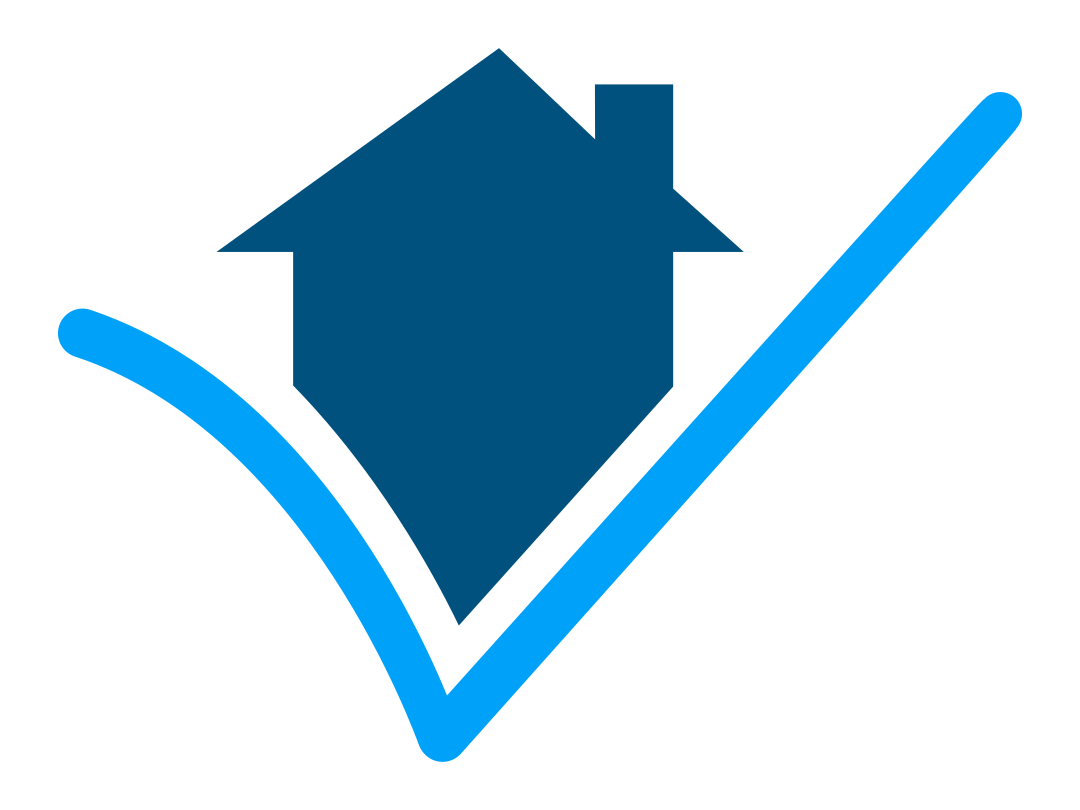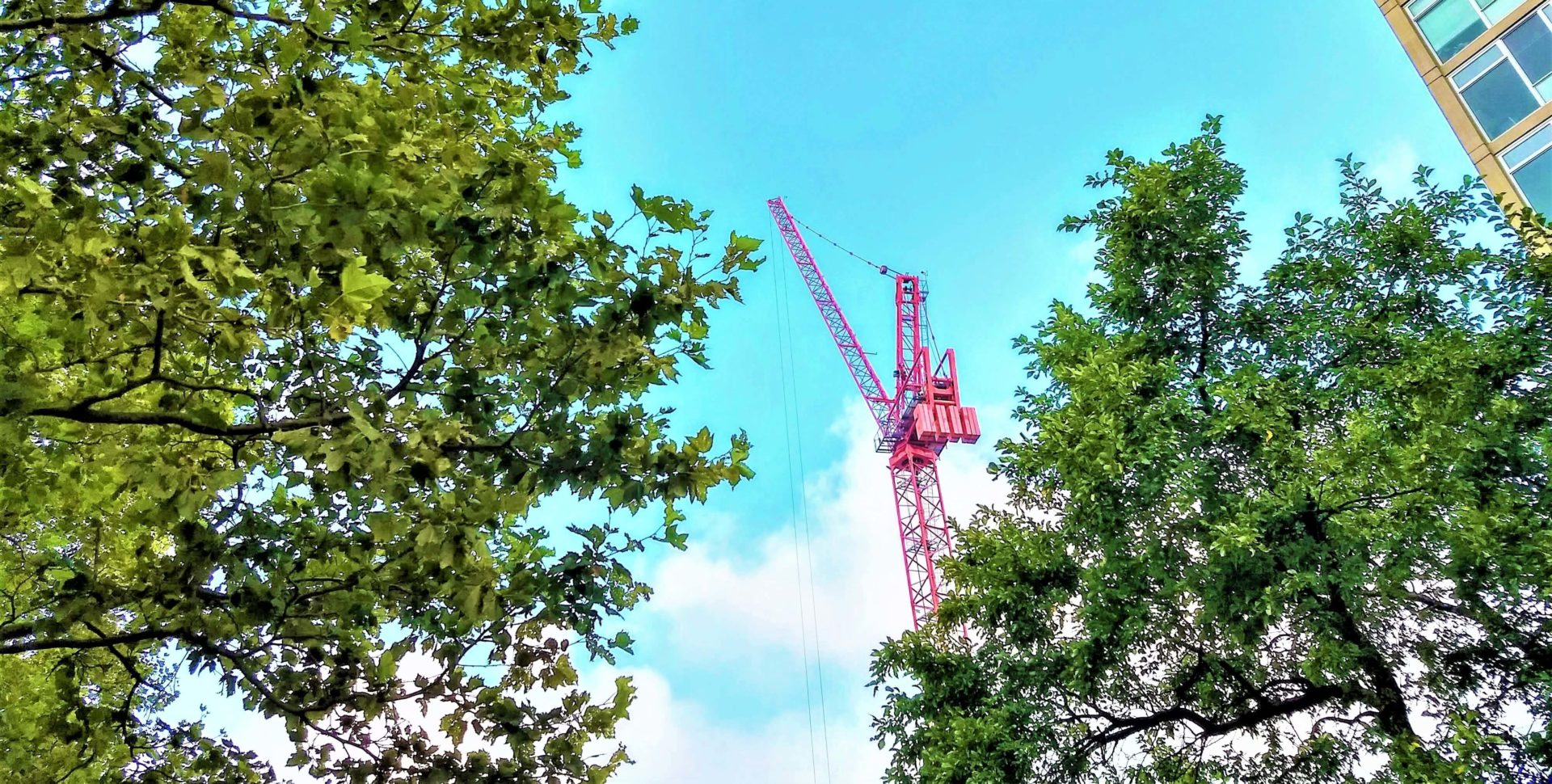One of the weirdest parts of this job is that I can’t give a simple answer to one of the questions everyone asks: How much does a Philadelphia permit cost?
Now, it stands to reason that the City of Philadelphia would charge different fees for different permits – you wouldn’t want a plumbing permit in a rowhome to cost the same as the electrical permit for one of the Comcast towers. So you might think that there are different permit fees for each zoning classification: one for industrial warehouses, and another for residential
projects.
This would be great!
“How much does a Philadelphia permit cost?” you would ask.
And I would say, “What kind of building is it?”
And you’d say, “Commercial! Ten stories.”
And I’d say, “I know exactly the cost!”
But I don’t, because that is not how Licenses and Inspections determines cost. Let’s break down how they do charge, so you can get a better idea of how much a Philadelphia permit costs.
Part 1: Application Fees
First, let’s talk about the cost up front: you have to pay just to apply for a permit in the City of Brotherly Surcharges. (To be fair, this is standard practice across the country.)
What you’re paying for, basically, is a retainer: the City will deduct the application fee from the total permit fee, which they bill when they’ve reviewed your application and are ready to give you a permit. The total permit fee is designed to be your payment for the time it takes the City plans examiners to… you know, examine your plans. Each time an examiner gets a permit application, they have to spend a few hours looking over the blueprints to make sure the project is up to code – in Philly’s case, that means the relevant building codes and the City’s zoning code (see here to learn which is which).
Application fees are:
- $25 for one- or two-family homes (meaning, how they’re used; not which zoning
district they’re in) - $100 for all other applications – that’s a four-week review, plus
another four if the examiner wants you to revise your plans - If you’re pressed for time, an additional $350 to accelerate the review: in this case, you’re paying the City of Philadelphia a little bit of overtime wage insurance to radically speed up the review process: from four weeks per review to only one week per review. However, it’s important to remember that this $350 is only part of the acceleration fee: the part due at application. The rest of the acceleration fee is tacked on the final permit fee: another $1,650 for building permits, and another $700 for all other types of permit.
Now, before the permit is approved, you might have to get special approval from the Zoning Board of Adjustment or the Board of Building Standards. In that case, there are some extra
fees:
Part 1a: Appeal Fees
- $125 for a ZBA appeal for a one- or two-family home
- $300 for all other ZBA appeals
- $50 for a BBS appeal for an existing one- or two-family home
- $200 for everything else up to 30,000 square feet or five stories
- $600 for all buildings larger than 30,000 square feet or five stories
Simple and intuitive, right? Very easy to memorize.
Okay, here comes the complicated part:
Part 2: Permit Fees
Use Registration
This one’s easy! It’s $189. that’s it! Case closed.
Zoning Permits
Getting trickier here. It depends on what you want to actually do with the property. There are a lot of different fees for a lot of different projects, but the basics (from the City’s website) are here:
- New construction of one- or two-family home (see the pattern here?): $189
- New construction of all other buildings: $632
- Zoning revisions to lots containing existing one- or two-family dwelling: $50
- For homeowners or smaller developers: think adding a roof deck or creating an addition
For homeowners or smaller developers: think adding a roof deck or creating an addition
- For homeowners or smaller developers: think adding a roof deck or creating an addition
- Zoning revisions to all other parcels less than 30,000 sq. ft.: $253
- Zoning revisions to all parcels greater than 30,000 sq. ft.: $632
- Complete demolition: $63
Building Permits
Now we’re in the graduate-level fees. The C-suite of fees. The load-bearing members of the Philly permit and license fee structure. (Too much?)
L&I has a pretty intense formula to calculate the cost of your building permit. The formula considers, once again, what you might actually do with the building, and also considers the use – as you’ve probably learned by now, there are different fees for one- and two-family homes than for every other kind of building.
However – and this is important – the main factor in determining the cost of your building permit is square footage. Not the square footage of the lot, or even of the building – the square footage of the area of work.
For example, if you are building in a lot with 4,000 square feet, and are renovating a four-story building with a basement that takes up 3,000 square feet of lot space, then you have an area of work of 15,000 square feet – 3,000 square feet for each story and the basement. (Congrats! Sounds like a solid project.) That’s the number that will be used to calculate your building permit: 15,000 square feet.
This isn’t unique to Philly! Many municipalities base the cost off of some factor specific to each project. It can’t just be about building size: you might be working on three water-damaged rooms of a giant hotel. A big city can’t simply have a flat-rate, hotel-sized permit fee. It has to consider the scale of the project.
The difference with Philly is that the surrounding towns calculate their permit fees based on the cost of work. Philly, again, bases its building permit fees on the area of work. Contractors tell me all the time that the City is charging them based on the cost of their contract, but it’s not so – unless you specifically ask for the value of the contract to determine the permit fee, the City defaults to calculating based on the area of work. If you ask, the City will charge you 2% of the contract fee. However, even if you do specifically ask to be charged that 2% of the contract, you must provide a signed copy of the contract – you can’t just use the estimated cost of work.
The reason Philly doesn’t base its permit fees on estimated construction costs is pretty simple: people lie.
Oh, how they lie! I’ve had contractors and clients tell me that a project costs hundreds of thousands of dollars; and then, when I tell them how that expensive project will require an engineer’s stamp on their plans, they say: “Did you hear $300,000? I meant fifteen bucks.” After telling me (over and over) that the permit fee is based on the cost of work, clients will tell me, “Just put something low on there.”
As a rule, I try super hard not to lie in writing, in ink, next to my signature. Give me a real estimate, please! It won’t affect the permit fee unless you want it to. Promise.
With all that said, the specific building permit fees are difficult to summarize, so you should just check them out for yourself right here.
From the Top: How Much Does a Philadelphia Permit Cost?
There are two sets of fees to pay for a permit in Philly: Application fees, and fees for the permit itself.
The application fee depends on what type of permit you’re applying for, whether or not you want to pay for a speedy review, and whether or not you have to file an appeal for zoning or building concerns.
After the application (and maybe an appeal), your permit fee depends on the nature of the project, the type of permit, and – if it’s a building permit – the square footage of the area of work. If you really want to have the permit fee based on the cost of work, you can ask for that and submit a signed contract.
So, how much does a Philadelphia permit cost? Check the charts.

